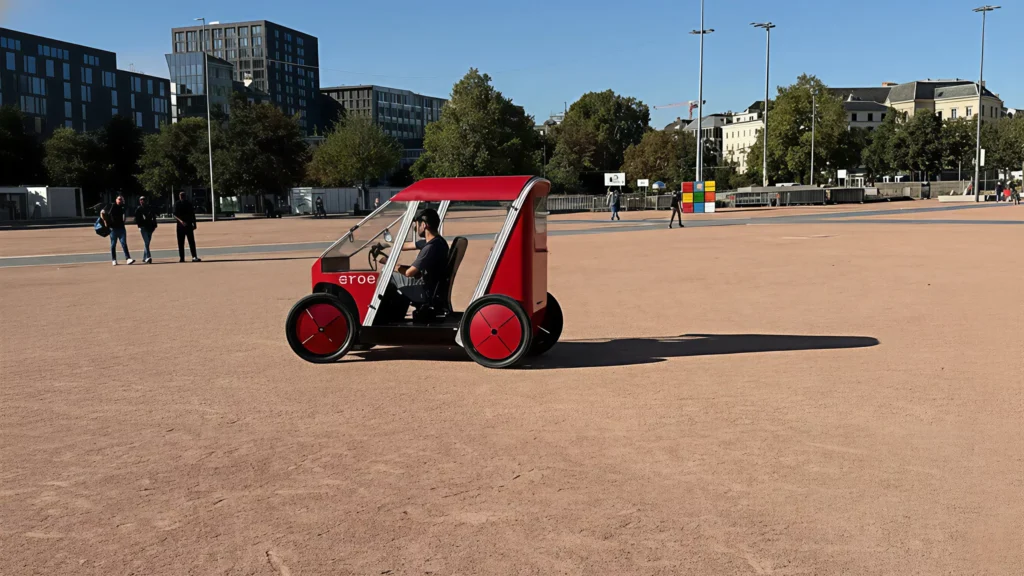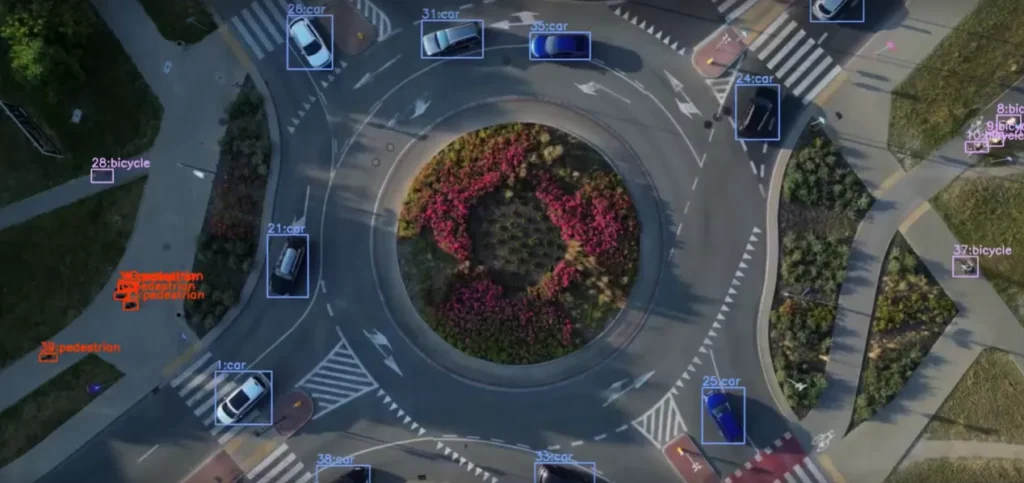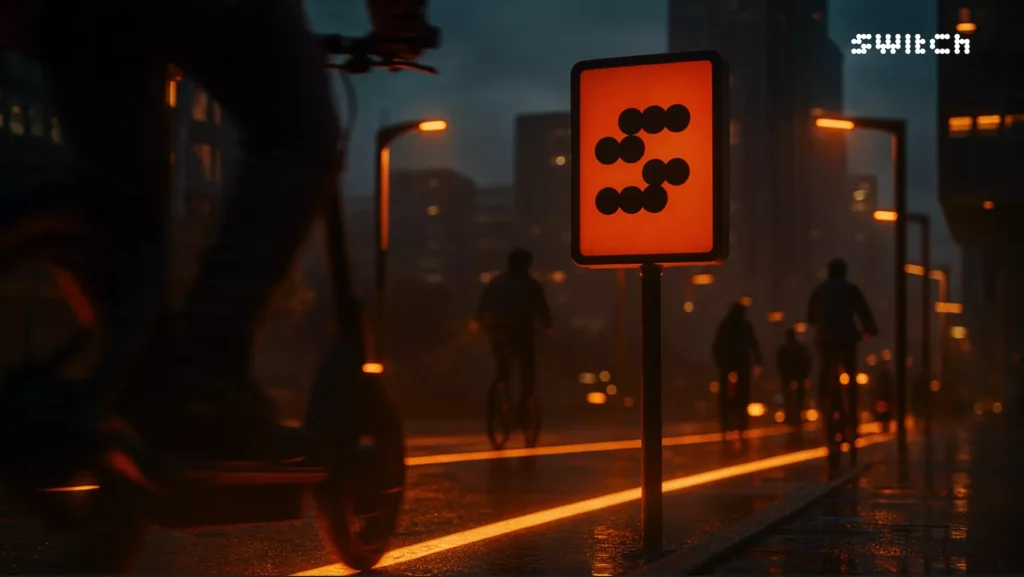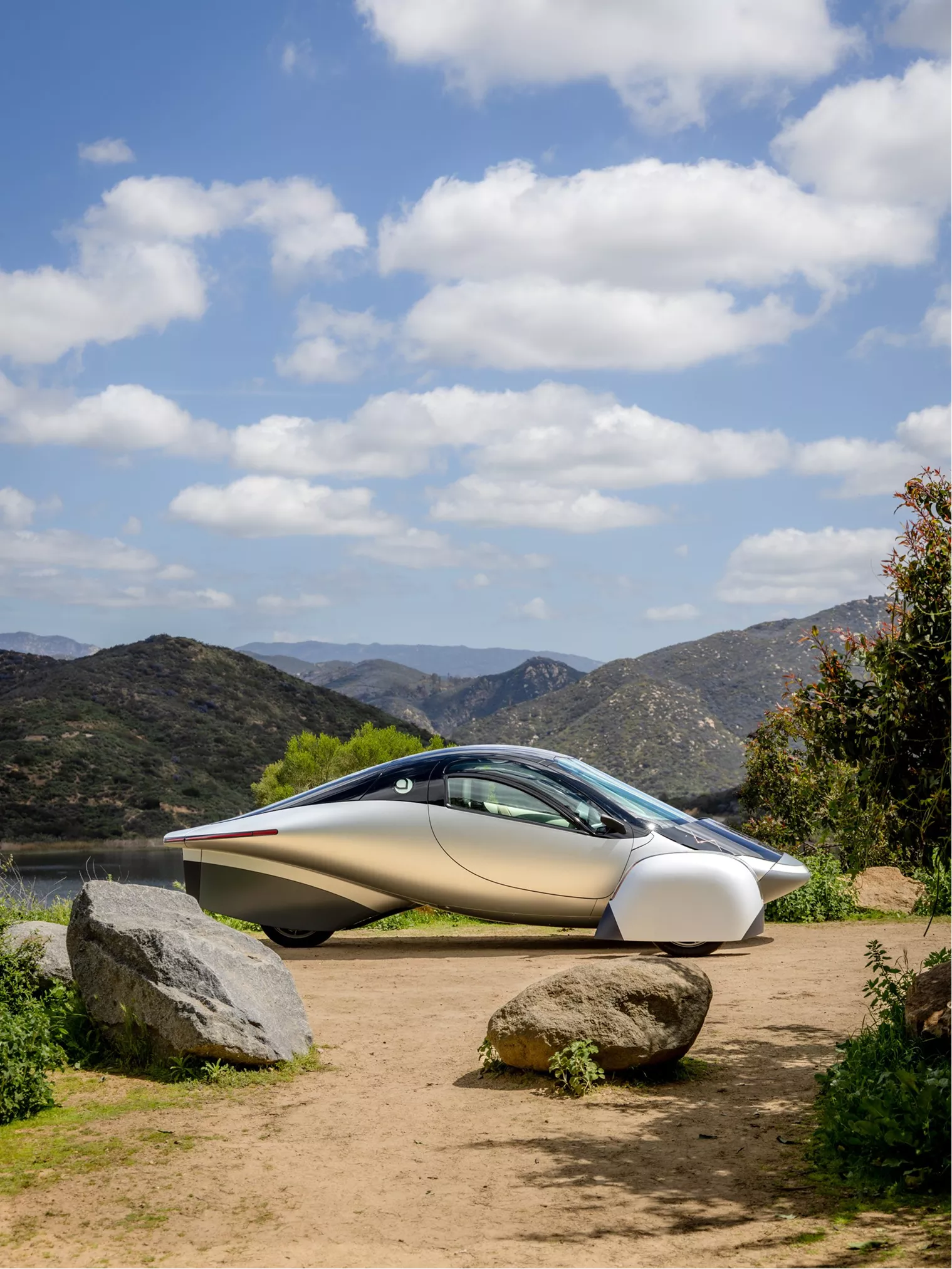






From EVs and batteries to autonomous vehicles and urban transport, we cover what actually matters. Delivered to your inbox weekly.
MAN Truck & Bus has revealed the Lion’s Coach E—Europe’s first fully electric intercity coach. Built in Ankara, this vehicle is designed for long-distance routes, not short city trips. It’s the first real option for electric travel between cities. A test run will begin in 2025, with full production expected in 2026.
This coach wasn’t adapted from an existing diesel model. MAN built it from the ground up for highway use:
It uses CCS charging and supports both fast charging and slower overnight charging.
Long-distance coaches don’t get much attention in climate policy, but they burn a lot of diesel. Europe has over 30,000 of them, running daily routes between cities, airports, and towns. Replacing even 20% with electric versions could cut over 1.5 million tonnes of CO₂ each year.
City buses have gone electric fast, thanks to public funding and local rules. Coaches haven’t—partly because they operate across regions and often rely on private operators. MAN’s new coach gives them a reason to start making the switch.
The first buyers will probably come from Germany, France, and the Nordics. These regions have good EV infrastructure and lots of intercity traffic. Most operators will use overnight charging at depots or terminals. Fast charging along the highway might come later, but it’s not essential to start.
China already has thousands of electric coaches, backed by strong government support. Europe hasn’t moved as fast. Here, it’s up to vehicle makers and transport operators to lead. MAN’s electric coach is built to fit current business models, so it doesn’t require huge changes in how routes are run.
MAN will begin small-scale production in 2025, with more to follow in 2026. The shift won’t happen overnight. But for the first time, there’s a real electric option for long-distance road travel in Europe. Diesel may still dominate today, but that could change fast aswell.